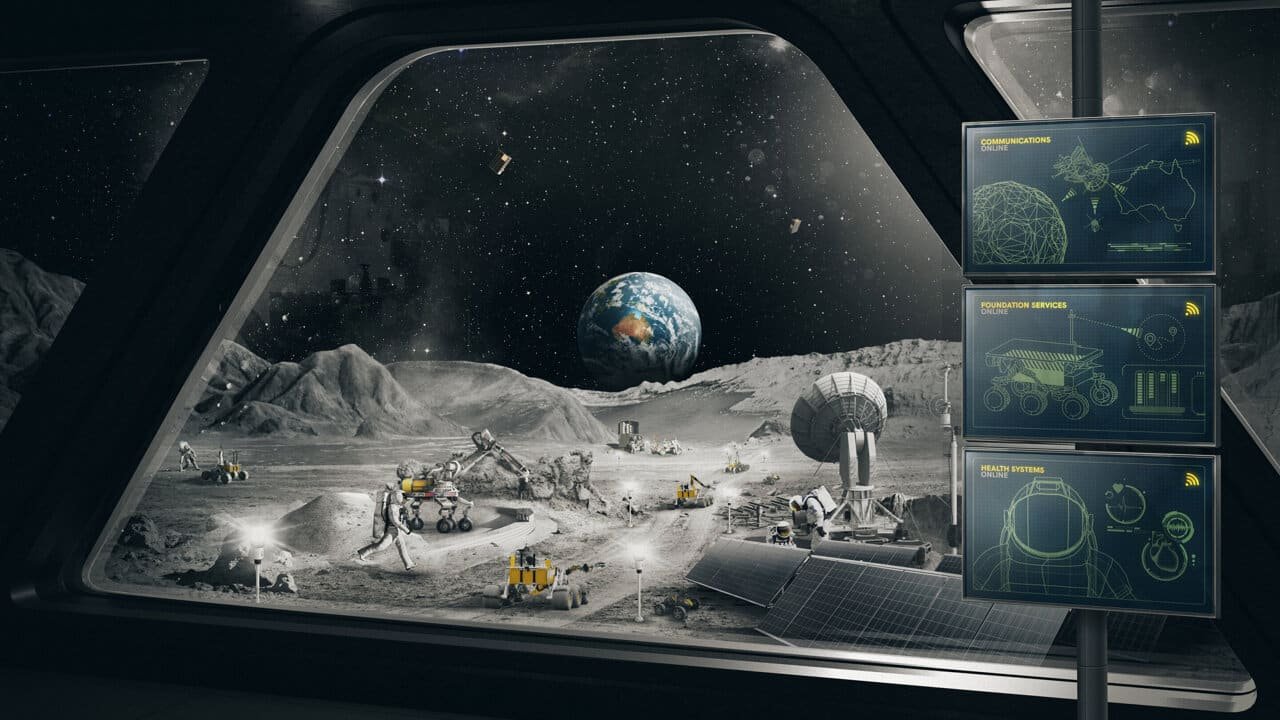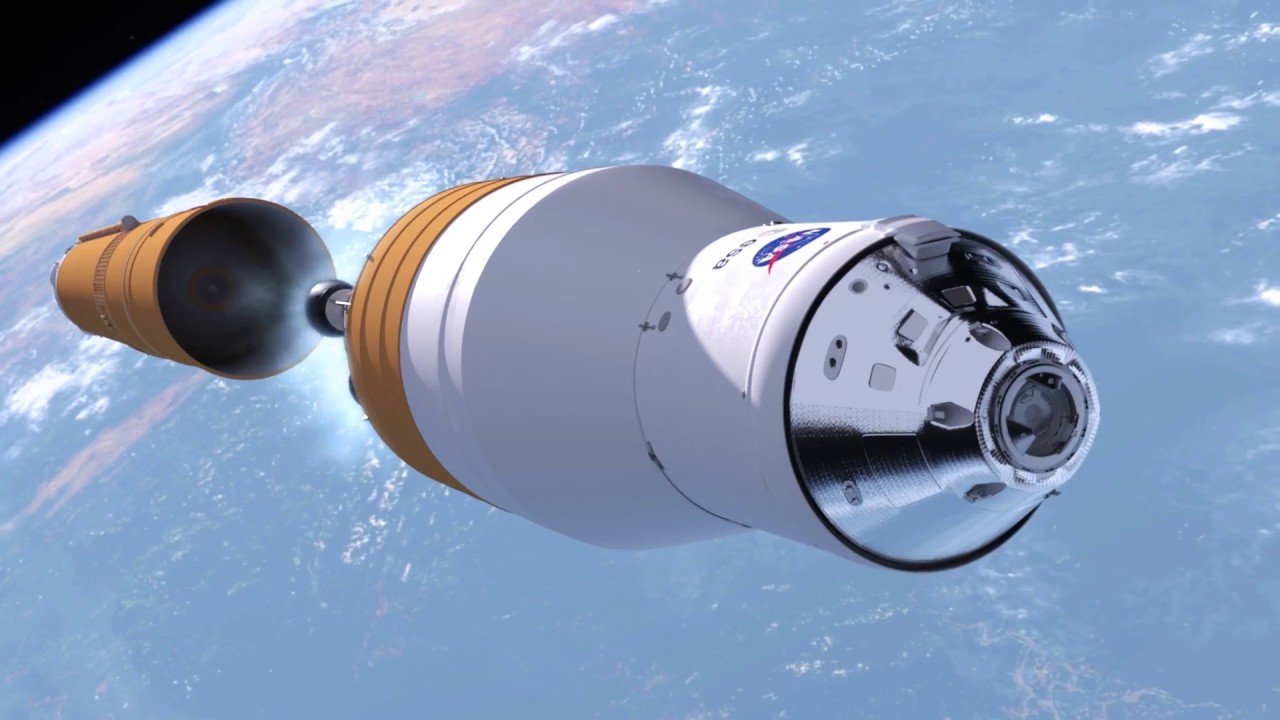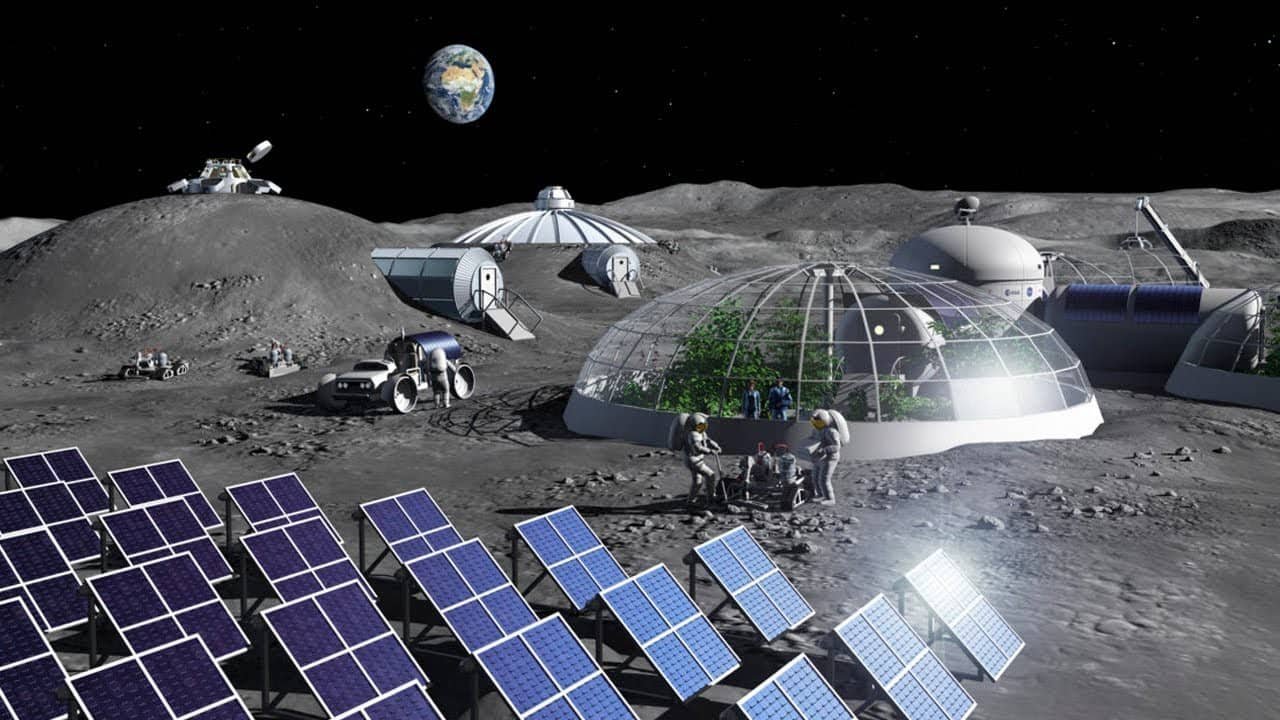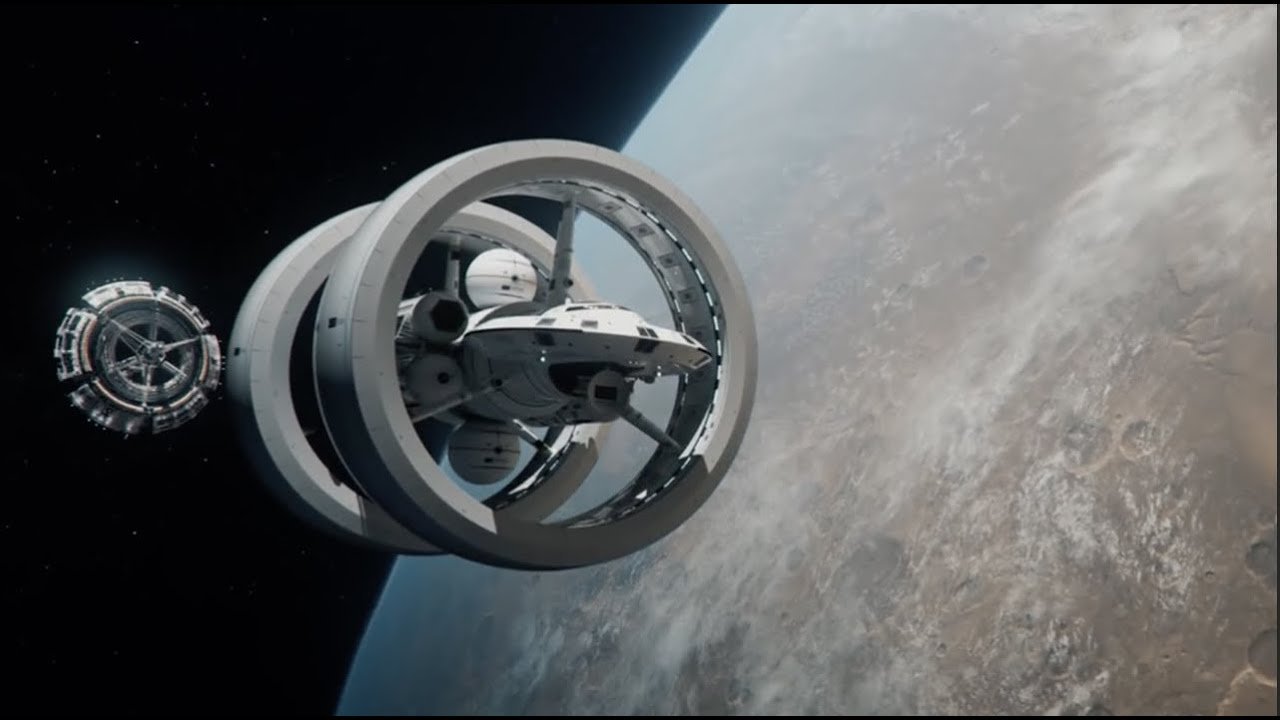AI in Space Exploration: Enhancing Missions

Artificial intelligence AI in space exploration has transformed how humans live on Earth and is crucial in space exploration and travel. From designing missions to clearing Earth’s orbit of junk, here are a few ways artificial intelligence can help us venture further into space.

Mission Design and Planning AI in Space Exploration
Planning a mission to Mars is challenging, but artificial intelligence can make it easier. New space missions traditionally rely on knowledge gathered from previous studies. However, this information can often be limited or not fully accessible. AI in space exploration can make all the information from practically all previous space missions available to anyone with authority in just a few clicks.
Space Debris AI in Space Exploration
One of the most extensive space-demanding situations of the 21st century is how to address space debris. According to ESA, nearly 34,000 objects more significant than 10cm pose critical threats to present space infrastructure. AI can help design collision avoidance maneuvers using machine-learning techniques.
AI will continue to play a crucial role in space exploration and travel by assisting crews and ground operations. It facilitates activities like analyzing cosmic occurrences, operating machinery, charting stars and black holes, and other activities that people cannot carry out in space ¹.
[5/20, 3:02 AM] Meta AI: AI in Space Exploration
Artificial intelligence AI in space exploration has changed how people stay on Earth and is vital in space exploration and travel. From designing missions to clearing Earth’s orbit of junk, here are some methods synthetic intelligence can help our mission further in space:
Astronaut Assistants
AI-based assistants can be instrumental AI in space exploration. Recently developed virtual assistants can detect dangers in lengthy space missions, such as changes in the spacecraft atmosphere, and alert the crew with suggestions for inspection. These assistants can also help astronauts with everyday tasks, freeing time for more critical mission activities.

Satellite Data Processing
Earth observation satellites generate tremendous amounts of data. While there have been some crowdsourcing projects for fundamental satellite imagery analysis on a very small scale, artificial intelligence can help with detailed satellite data analysis. AI has been very effective in processing it smartly, assisting scientists to identify patterns and trends that may not be visible to the human eye.
Navigation Systems
On Earth, we are used to tools such as Google Maps, which use GPS or other navigation systems. But there is no such system for other extraterrestrial bodies, for now. AI can help us with navigation systems, enabling spacecraft to navigate more efficiently and accurately. This can be especially useful for deep space missions where communication with Earth is delayed.
Robotics and Automation
AI can also govern robots and automate tasks in space exploration. For instance, AI-powered robots can help with obligations that include pattern collection, spacecraft preservation, or even the production of lunar or planetary bases.
Scientific Discovery
AI can assist scientists analyze large quantities of statistics generated using area missions, main to discoveries and insights. For example, AI-powered algorithms can help discover exoplanets, locate anomalies in spacecraft records, and even expect sun flares.
Enhancing Spacecraft Capabilities
AI can decorate the talents of spacecraft by offering actual-time analytics, predictive preservation, and independent decision-making. This can help spacecraft perform more successfully and efficiently, main to longer task periods and more successful outcomes.

Improving Safety
AI can also enhance protection in space exploration by detecting capacity hazards, alerting astronauts, and challenge management. For instance, AI-powered systems can stumble on spacecraft ecosystem changes, expect solar radiation storms, and even identify potential collisions with space debris.
Inspiring Future Generations
Finally, AI in space exploration can inspire future generations to pursue STEM careers. By Showcasing the electricity of AI in space exploration, we will encourage younger humans to pursue careers in AI improvement, location engineering, and scientific studies.
In the end, AI is reworking the space industry in many ways, from undertaking design and making plans to satellite TV for PC records processing and navigation structures. As AI in space exploration continues to evolve, we can expect even more innovative applications in space exploration, leading to discoveries, improved safety, and a more sustainable future for space travel.
FAQs
2. How does AI assist in mission design and planning for space exploration?
AI assists in mission design and planning by making vast amounts of information from previous space missions easily accessible. It helps in analyzing data, optimizing mission parameters, and making informed decisions to enhance mission success.
3. What is the significance of AI in managing space debris?
AI helps in designing collision avoidance maneuvers using machine learning techniques to mitigate the threats posed by space debris. It aids in monitoring and tracking space debris, thereby safeguarding present space infrastructure.
4. How do AI-based assistants contribute to space exploration?
AI-based assistants play a vital role in space exploration by detecting potential dangers during missions, assisting astronauts in everyday tasks, and providing real-time alerts and suggestions for inspection in case of anomalies.
5. In what ways does AI contribute to satellite data processing?
AI contributes to satellite data processing by efficiently analyzing large volumes of data generated by Earth observation satellites. It helps in identifying patterns, trends, and anomalies in satellite imagery that may not be apparent to the human eye.




